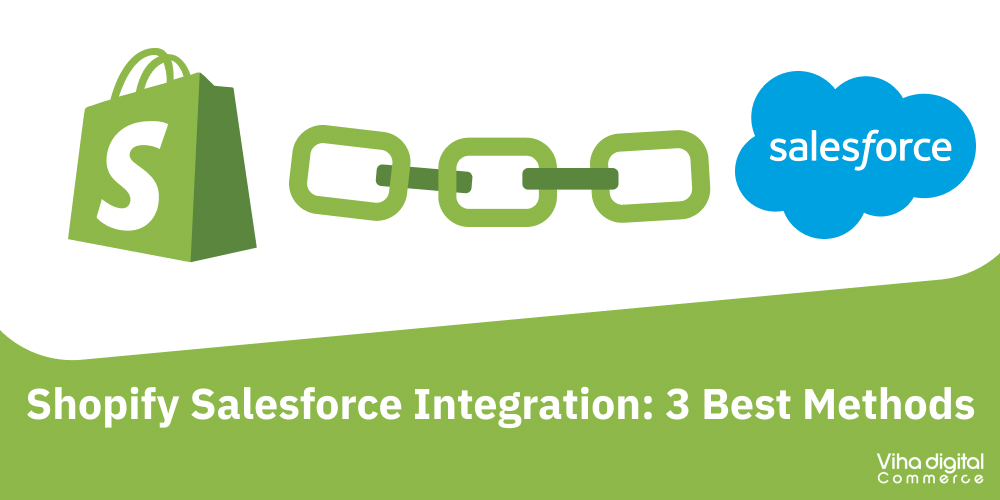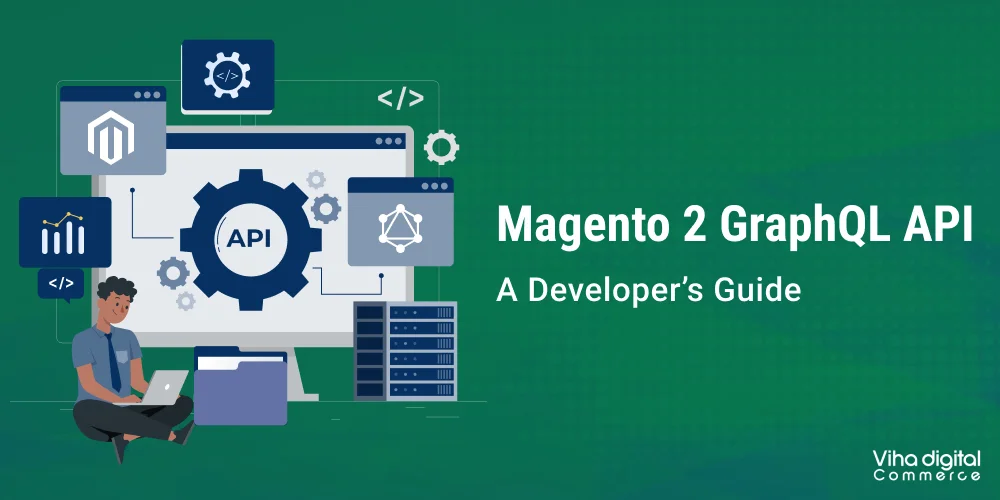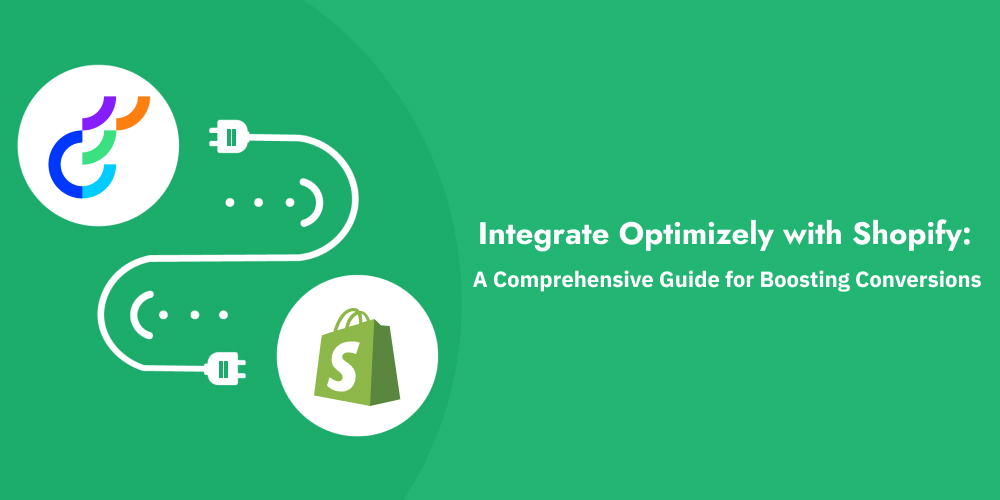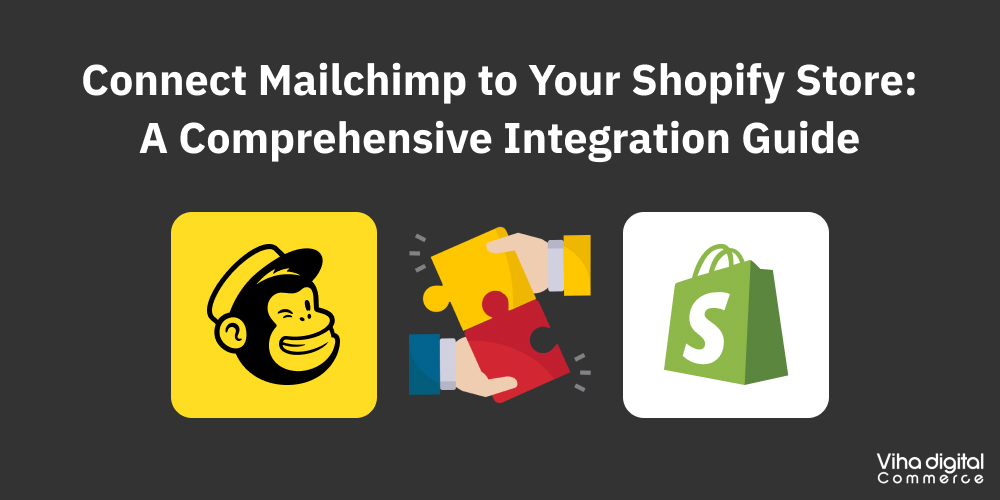
Shopify Salesforce Integration: 3 Best Methods
When companies evolve and start having more of a presence on the internet, it becomes crucial to handle customer data well. Two most prominent platforms that help companies in various spheres are Shopify, an e-commerce platform, and Salesforce, a CRM giant. Using Shopify as a part of the Salesforce solution can help businesses connect sales and customer data and make the processes smooth for both the business and the customer.
In this article, we will look at some of the most effective ways of Shopify Salesforce integration methods, and then we will talk about the main benefits of each of them. Furthermore, we will see how useful it is to hire professional services for Shopify development so that integration is proper and without any hitches.
Why should Shopify be integrated with Salesforce?
Shopify offers strong solutions for e-business, which help companies create and develop their online shops. On the other hand, it is a customer relationship management tool that allows businesses to maintain relationships with their customers, follow leads, and analyze information on customers to make business decisions. Top methods for Shopify Salesforce integration enables companies to combine their online store data with customer data to enhance customer interactions, tailor their marketing strategies and enhance their business operations.
Whether you are a growing e-commerce brand or a large enterprise, integrating these two platforms offers multiple benefits:
Centralized data management: This way all your data is in one place and can be used to make much better decisions.
Enhanced customer experience: The content and experiences from both platforms should be used to deliver personalized experiences.
Automated workflows: Eliminate unnecessary steps that occur during activities such as order processing and customer relations.
Improved sales and marketing alignment: Offer products to the target customers depending on their past buying behavior and interaction with the firm’s products.
As you plan on integrating your Shopify store with Salesforce, it is helpful to learn the three most effective ways to do so.
Leaving the integration process to a dedicated integration tool
Another way of connect Shopify with Salesforce is through the use of third-party integration apps which are readily available and very effective. These tools are built for the express purpose of integrating Shopify and Salesforce in your organization while requiring minimal coding. Some of the features that come with most integration tools include; Mapping of data fields, Flexible customization of the workflow, and Data synchronization options such as scheduling.
Some of the most used integration tools are Skyvia, Zapier, Automate, and Mulesoft. These tools come with default settings; therefore, setting up is relatively fast, and data can be synchronized between the two applications in real-time. For instance, using Skyvia, enterprises can create the data synchronization that corresponds to their requirements.
Advantages of Dedicated Integration Tools:
Ease of Use: Integration tools are normally simple to work with and do not necessitate much programming skills and therefore anybody can easily set up the integration.
Customizable Sync Options: Select what data you wish to download and whether to do this on a daily, weekly or monthly basis.
Real-Time Sync: Make sure that both platforms contain updated information; this will enhance your capacity to answer your customers and market needs.
When to Choose an Integration Tool:
Appropriate for companies that are searching for a fast, efficient, and low-cost method to integrate Shopify with Salesforce without having to code. This method enables organizations to start with little risk and little technical capital.
Using Salesforce AppExchange for Pre-Built Solutions
There is a plethora of listings available on Salesforce AppExchange with solutions dedicated solely to Shopify Salesforce integration methods. These apps are listed on Salesforce’s marketplace and come out of the box with all these functionalities, which enable businesses to integrate Shopify and Salesforce quickly. Some of the most used apps are Shopify Connector for Salesforce and Cart2CRM that are used to import customer, order and product data between Shopify and Salesforce.
AppExchange solutions are especially beneficial for the companies that need reliable security and high customization as the applications developed by third parties are checked by Salesforce. Targeted for companies that require tight integration and more features, AppExchange apps are perfect for the job.
Advantages of AppExchange Solutions:
Trusted and Verified: Salesforce AppExchange is a marketplace that hosts applications which are examined and authenticated by Salesforce.
Deep Integration Capabilities: All apps provide high flexibility, so it is possible to create multilevel workflows and connect different applications.
Ongoing Support: Most of the apps come with support from the developer to facilitate its use and management.
When to Use an AppExchange Solution:
If your business needs a solution that can be scaled up and has high security standards and features, then using an AppExchange app is best for it. These apps are ideal for organizations that require something more than simple integration and require certain freedom to tailor the processes.
Custom Integration through API Development
Custom API development is a strong solution for organizations that need a very individualized integration that will meet certain requirements. Salesforce and Shopify offer REST and SOAP APIs, which create an intimate, ‘hardwired’ connection between your Salesforce and Shopify accounts. When done with professional developers or Shopify web development services provider, you can create integration to fit your company’s needs.
Integration can help manage complex processes and provide businesses the ability to connect any data, build intricate workflows, and define specific triggers. This method, however, is normally time consuming, costly and is often restricted to those with the technical know how.
Advantages of Custom API Development:
Full Customization: Create only what you want, with no restrictions.
Advanced Data Handling: Custom field synchronization and complex data management logic should be achieved.
Scalability: Design an integration that forms a lasting foundation for your business as you anticipate expansion.
When to Choose Custom API Integration:
Custom API development is suitable for organizations with extraordinary needs or massive data processing needs. It is also ideal for organizations that would wish to have full autonomy over how information is handled, backed up, and moved between Shopify and Salesforce. It is advisable to work with professional Shopify development services for this method to improve on the accuracy and efficiency besides getting after sale support.
Why Consider Shopify Development Services for Integration?
Different integration approaches are available but to get the top methods for Shopify Salesforce integration methods, some level of integration may need professional help to make sure that all the data synchronization, security, and scalability issues are well handled by the integration solution. Engaging Shopify web development services or a professional Shopify development company can simplify the process by:
Customizing Integrations: Developers can set up particular workflows, mirror particular fields of data and meet particular needs of businesses.
Ensuring Data Accuracy: Specialists guarantee that integration is done in a correct manner to prevent creation of double records or even data that are not similar in any way.
Ongoing Maintenance: There are two types of services related to Shopify development, which include maintenance and support services for long term sustainability.
Security and Compliance: Certified developers ensure that they follow certain standard procedures that would help in the protection of the customer’s information.
Hiring a development service means that you do not have to worry about the technical aspects of the integration process and that the integration will grow with your business.
Selecting the Right Method for Your Business
The integration of Shopify and Salesforce can be done in different ways depending on the budget, technical capabilities, and business needs. Here’s a quick guide to help you choose:
1. Dedicated Integration Tool: Most suitable for small to middle sized companies who require a swift, inexpensive and efficient integration with little to no changes.
2. Salesforce AppExchange Solution: Perfect for companies that are in search of reliable, large-scale, and functional connectors with little code customization.
3. Custom API Development: Ideal for large companies or businesses with intricate business processes needing a completely tailored integration.
Regardless of the approach, connect Shopify with Salesforce is a great approach to bring together e-commerce and customer relationship data, which will further improve your capacity to deliver a seamless client experience. When you work with experienced Shopify development services, you can be sure that your integration will be designed to meet the needs of your business and contribute to sustainable success.
Conclusion
connect Shopify with Salesforce streamlines e-commerce and CRM operations, leading to better data management, enhanced customer insights, and automated workflows. Choosing the right method—whether through a dedicated tool, AppExchange solution, or custom API development—depends on your specific needs and resources. Partnering with skilled Shopify development services ensures a seamless integration, empowering your business to deliver an optimized customer experience and support sustained growth in a competitive market.







